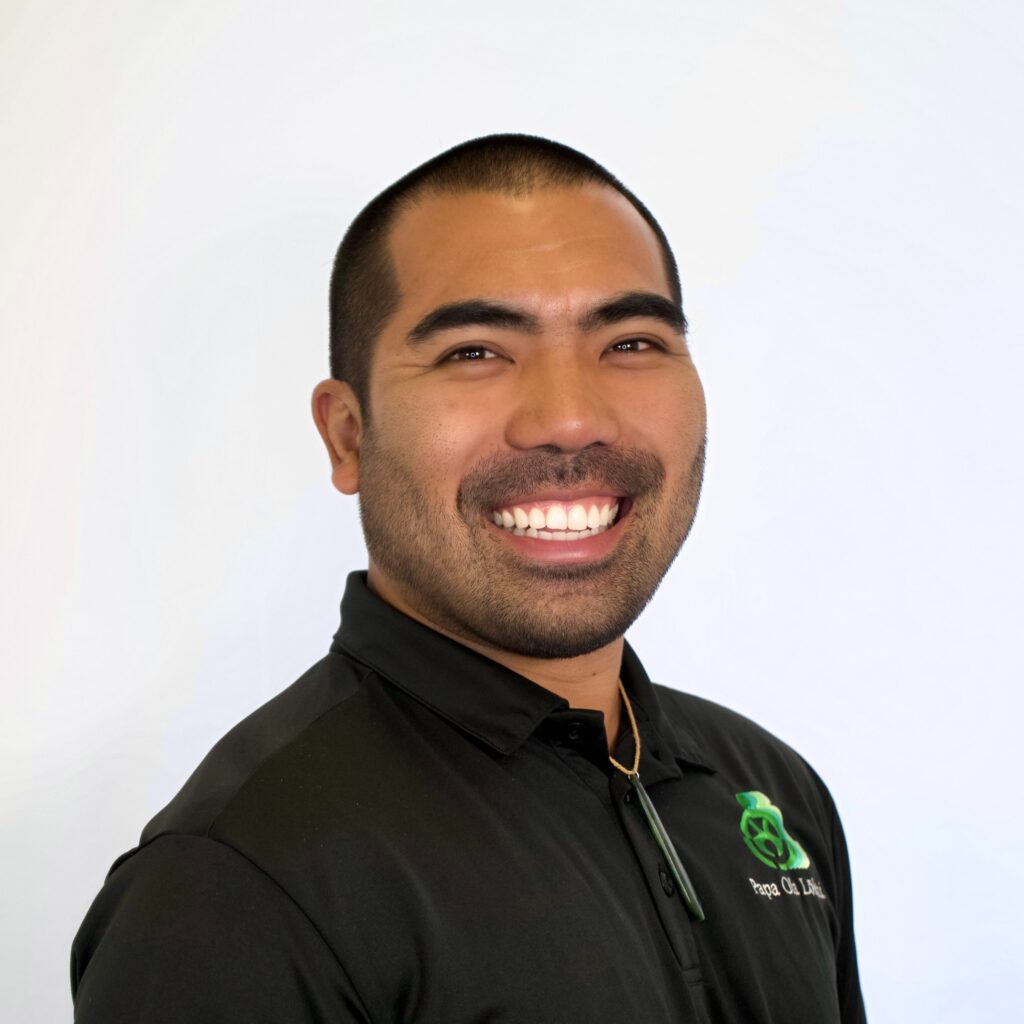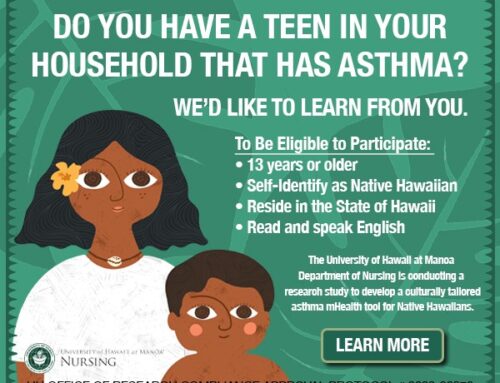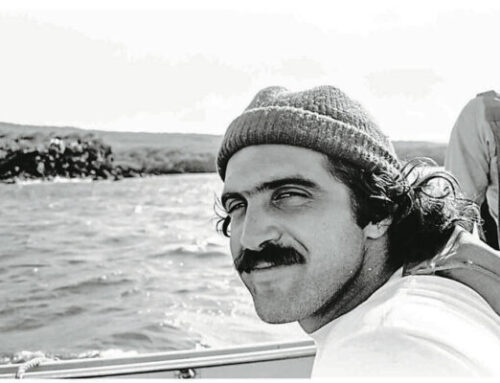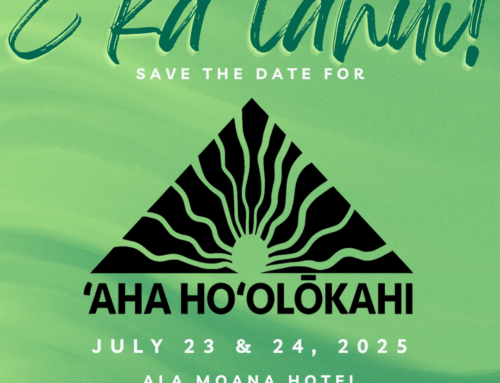 Amidst the sweltering July 20-degree weather in the Las Vegas desert, over 170 haumāna ʻōpio (teenage students), 17 instructors and kumu, and over 20 volunteers came together for the third annual INSPIRE Cultural & Educational Summit. For four days and three nights, students who have pilina to Hawaiʻi, Samoa, Tonga, and other Pacific Islands, embarked on a huakaʻi (journey) of cultural immersion and health education.
Amidst the sweltering July 20-degree weather in the Las Vegas desert, over 170 haumāna ʻōpio (teenage students), 17 instructors and kumu, and over 20 volunteers came together for the third annual INSPIRE Cultural & Educational Summit. For four days and three nights, students who have pilina to Hawaiʻi, Samoa, Tonga, and other Pacific Islands, embarked on a huakaʻi (journey) of cultural immersion and health education.
These haumāna were broken up into six color groups and they navigated their time at INSPIRE together. The groups attended classes together, competed against each other in team building activities as well as a Music Trivia Night. They also performed in their hōʻike together.
As the health kumu, during papa ola kino we spoke about cultural protocols, and how chanting can support the alignment of cultural practice and connection to kupuna wherever you are. We talked about stats and facts about our Pacific Island cultures, as well as the health impacts and ways Big Tobacco targets NHPI communities and youth. We also ended with reflections through poems that weave our ancestors into supportive mantras when we’re needing that extra aloha, and letter writing to important people in our lives that currently smoke, sharing our aloha and encouraging them to stop smoking and stay around longer.
Their hōʻike, which took place at the UNLV Student Union Ballroom, was a packed house, in which additional seats needed to be added to the original order of 600 that was already set up. The students, within their color groups, rotated on and off stage to perform a collective total of 3 oli (chant), 3 mele (song), 3 hula kahiko (traditional hula), 3 mele on their ukulele, hoʻolauna (introductions) in Hawaiian, 3 Samoan dances, and 3 Tahitian dances, including solo dances!
Though exhausted after 4 sleep-deprived but mana-filled days, I left the space with a few things I still think about nearly a month later:
I lived away from Hawaiʻi for 15 years, in both Las Vegas and in New York. I understand the sadness and longing for home and ʻāina, especially in spaces where it feels like our culture isn’t so readily accessible. It’s the silent heartbreak and longing that tug at the heart unless you’re willing to move home, or you’re willing to create a community where you are.
He waʻa he moku. He moku, he waʻa.
A canoe, an island; an island, a canoe.
The community in Las Vegas is working hard, understanding that Native Hawaiians and Pacific Islanders are on a waʻa together, and are contributing all they have to ensure that waʻa is strong and ready to support the next generation of Native Hawaiians and Pacific Islanders. Whether these youth decide to stay on the continent, or move back to their ʻāina, their mākua (parents, aunties, uncles, etc.) are committed to ensuring their waʻa always points to home, and they have what they need to sustain themselves while living in Las Vegas and beyond.
To say I am proud of the 170+ students, 20+ volunteers, and nearly 20 fellow kumu is a dramatic understatement. I am proud that I can support their growth. I am honored to be invited back and to support their learning, healing, bonding, and thriving. To chant, sing, dance, and proclaim your Hawaiian-ness, your Samoan-ness, your Tongan-ness, in the middle of a desert, thousands of miles from your one hānau (homeland) is an act of sovereignty and pride.
na Ikaika Regidor, Education & Training Coordinator


